
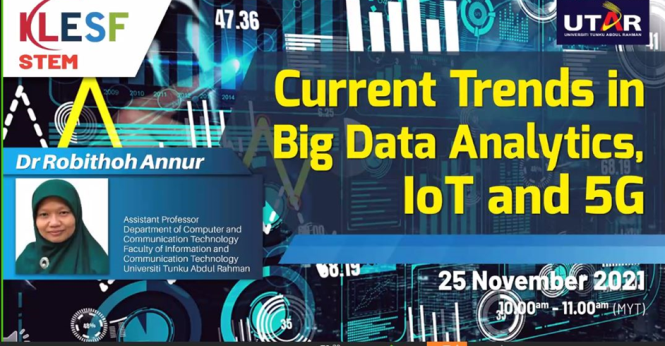
A webinar titled “Current trends in big data analytics, IoT and 5G” was conducted on 25 November 2021 via Zoom and Facebook Live in conjunction with the e-KLESF 2021. Invited to speak at the webinar was Dr Robithoh Annur, an assistant professor from the Faculty of Information and Communication Technology, UTAR Kampar Campus. The webinar was held to understand the benefits of Big data analytics, IoT and 5G.
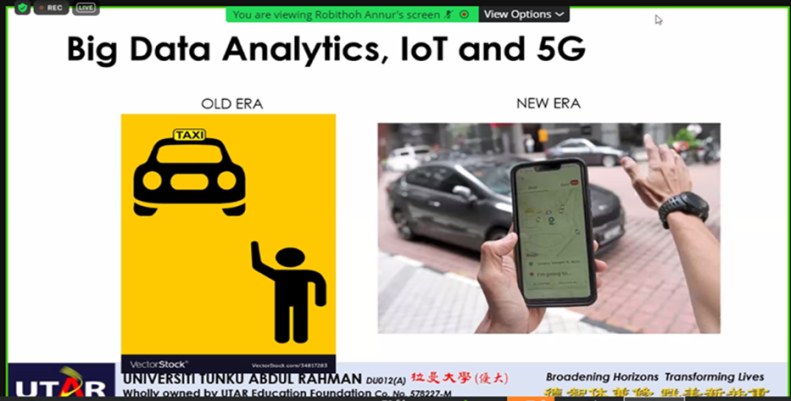
Dr Robithoh sharing an example of Big data analytics, IoT and 5G integrated application
Dr Robithoh started her webinar by explaining that big data analytics are large sets of information that cannot be stored, developed and studied using traditional implements. For instance, Facebook creates 500 terabytes of data from video messages, photographs and et cetera. She also explained the four characteristics of big data in terms of volume, variety, velocity and veracity. According to her, the term volume is related to the size of the data and the term velocity is linked to the speed of data processing; the term variety can be categorised into structured, semi-structured and unstructured data whereas the term veracity refers to the reliability of data. She added, “Big data analytics is an action of discovering patterns, trends and relationships in massive datasets which is not found in traditional data management applications.”
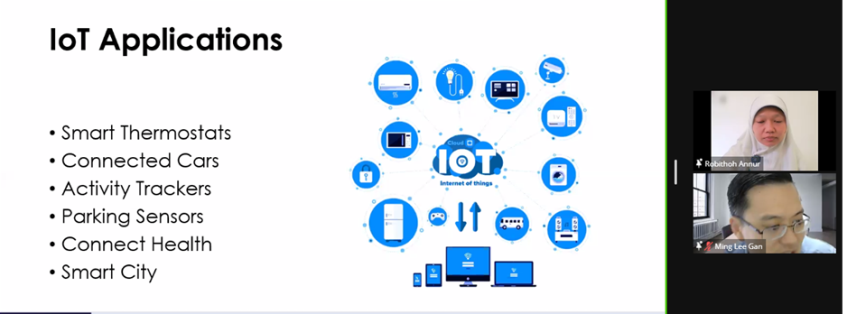
Dr Robithoh presenting examples of IoT applications
Dr Robithoh continued by explaining the Internet of Things (IoT) which referred to physical appliances around the world that are connected to the internet; gathering and sharing data; and fixed with electronics and other types of hardware as sensors. “The IoT works with four steps which begins with collecting data, sending data to the cloud, processing data and user interface or delivering information to user respectively,” said Dr Robithoh.
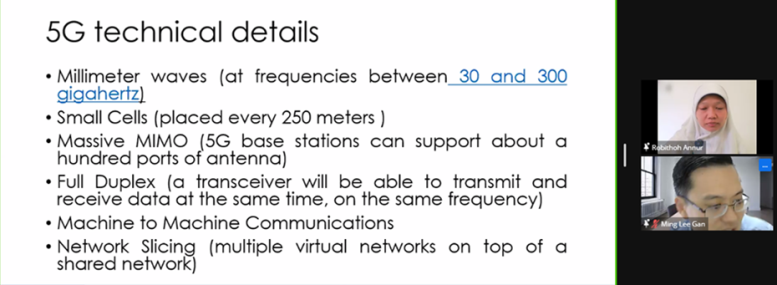
Dr Robithoh sharing the technical details of 5G
While explaining the 5G, she mentioned that the “G” stood for “generation”, implying the fifth generation of wireless mobile phone technology. “5G has five (5) key performance objectives, namely latency, throughput, connections, and network architecture to fulfil its visions which are information at your fingertips; everything available; enable IoT,” said Dr Robithoh. The fusion of 5G, IoT and AI (Artificial Intelligence) will drive industry digitalisation,” Dr Robithoh elucidated.
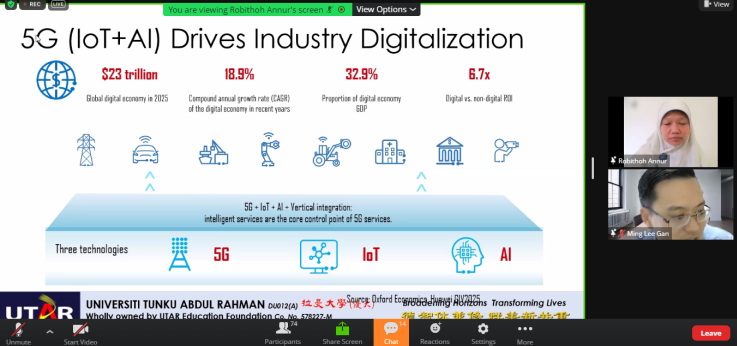
Dr Robithoh explaining how the integration of 5G, IoT and AI can drive the economy
Finally, she concluded her talk by explaining that IoT requires 5G to provide a better gateway and transport network in supplying data efficiently and economically, and the big data analytics to obtain valuable information.
The talk ended with an interactive and insightful Q&A session and a group photography session.
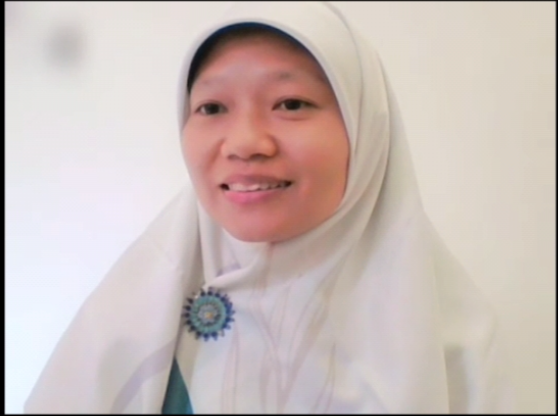
Dr Robithoh during her presentation
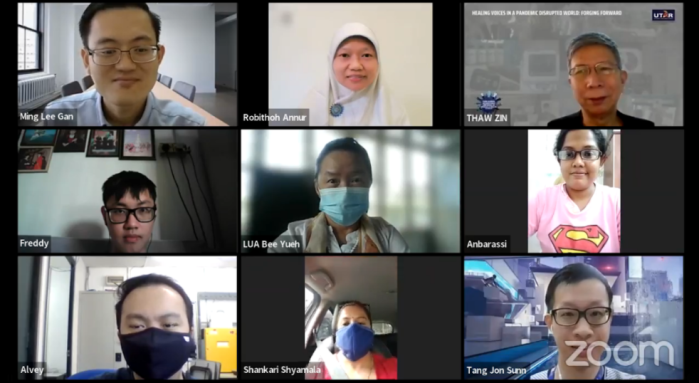
Dr Robithoh (top row, middle) with participants
© 2021 UNIVERSITI TUNKU ABDUL RAHMAN DU012(A).
Wholly owned by UTAR Education Foundation (200201010564(578227-M)) LEGAL STATEMENT TERM OF USAGE PRIVACY NOTICE